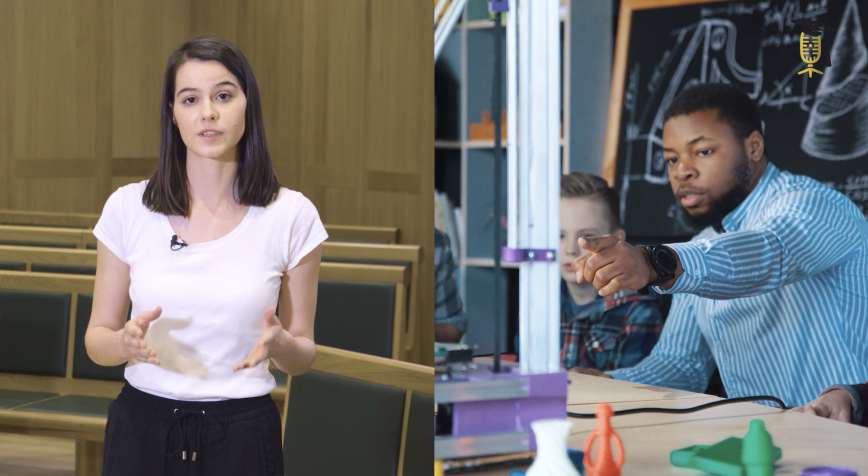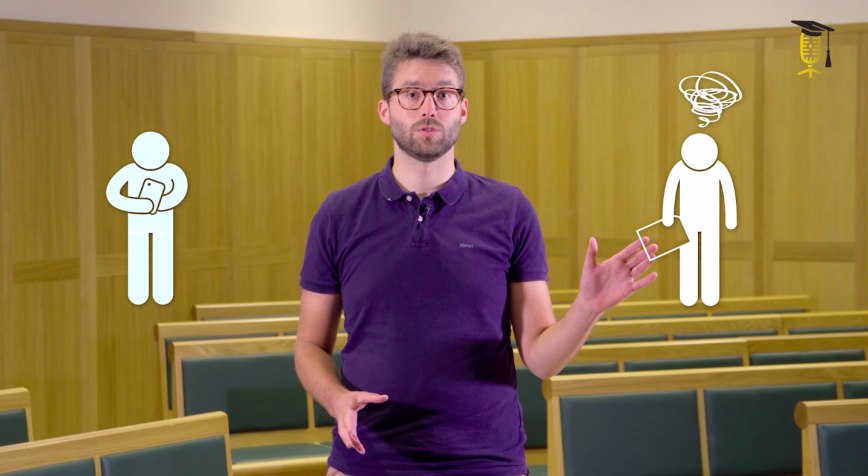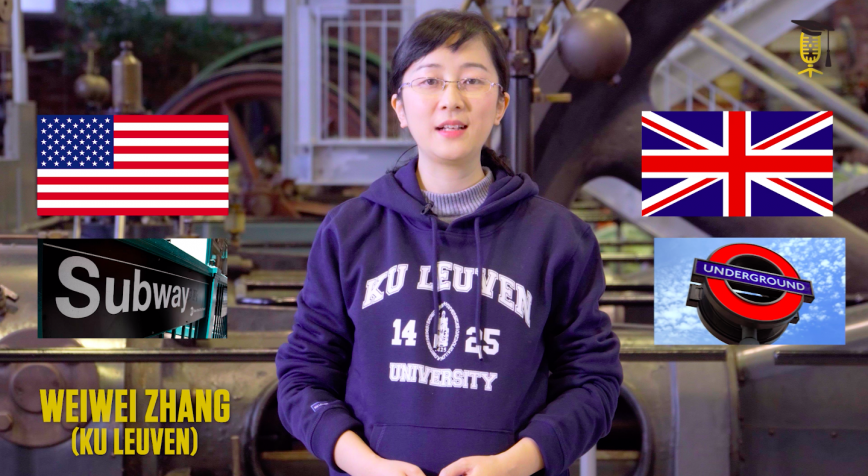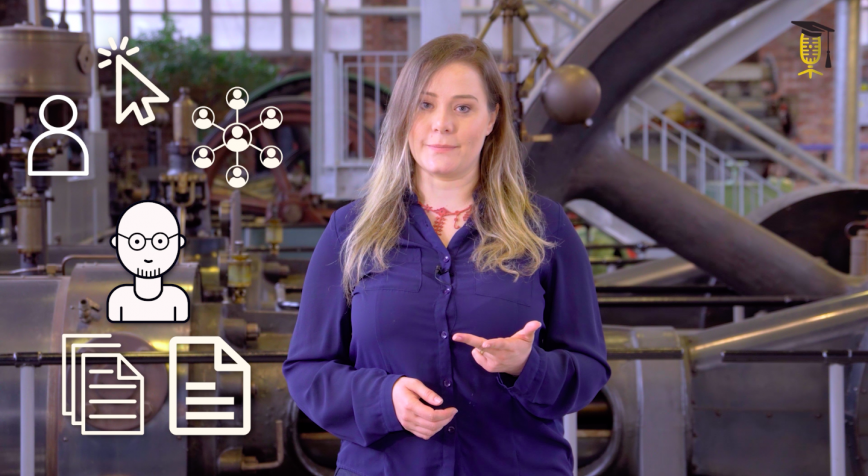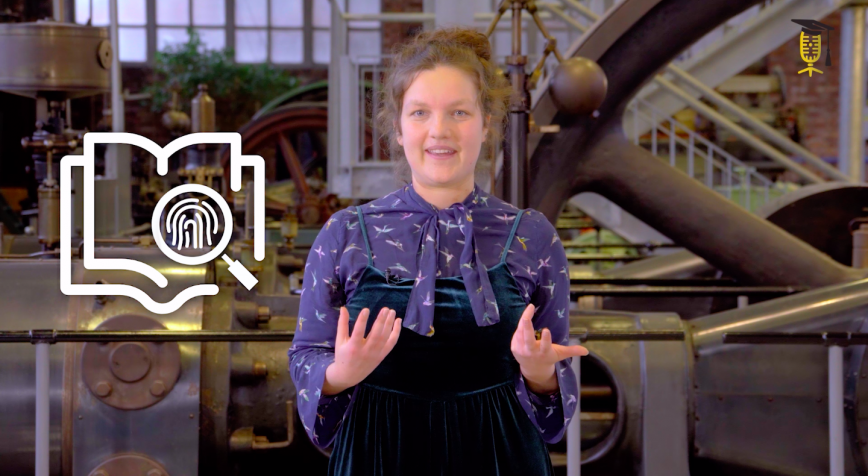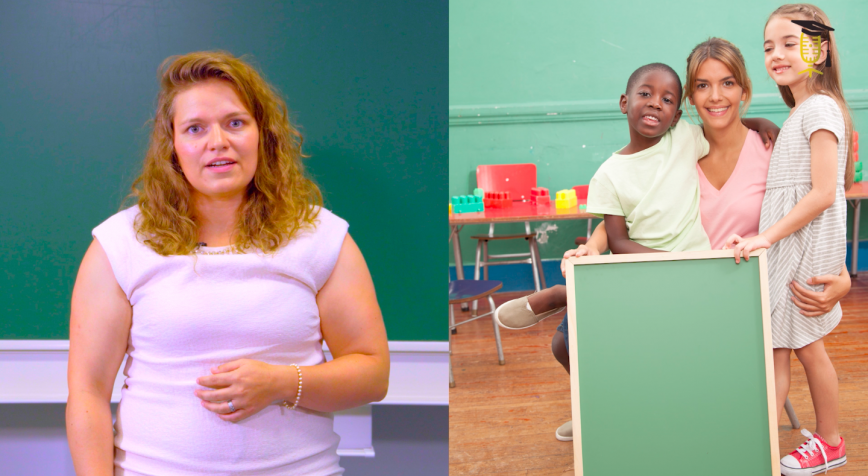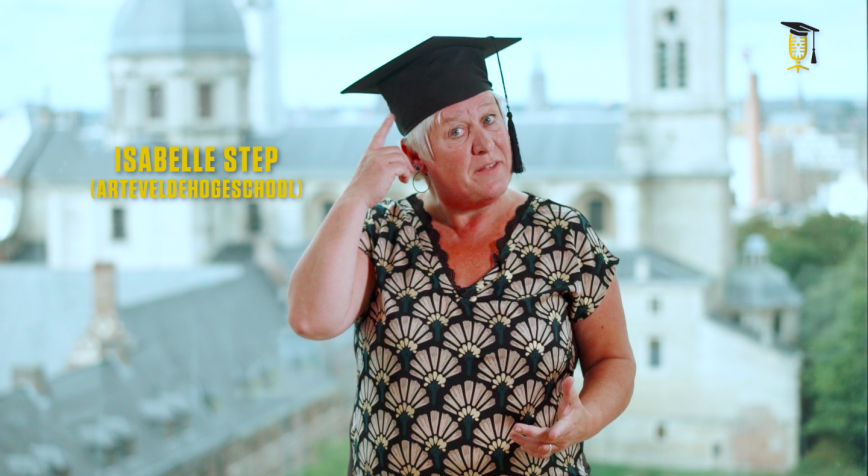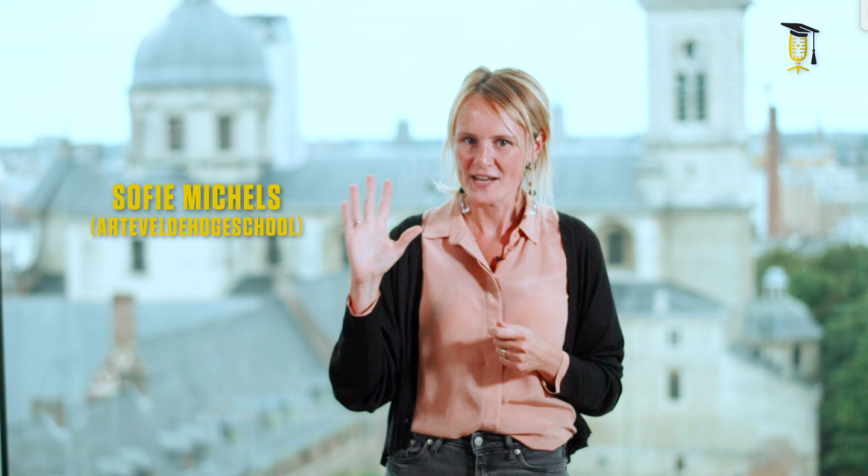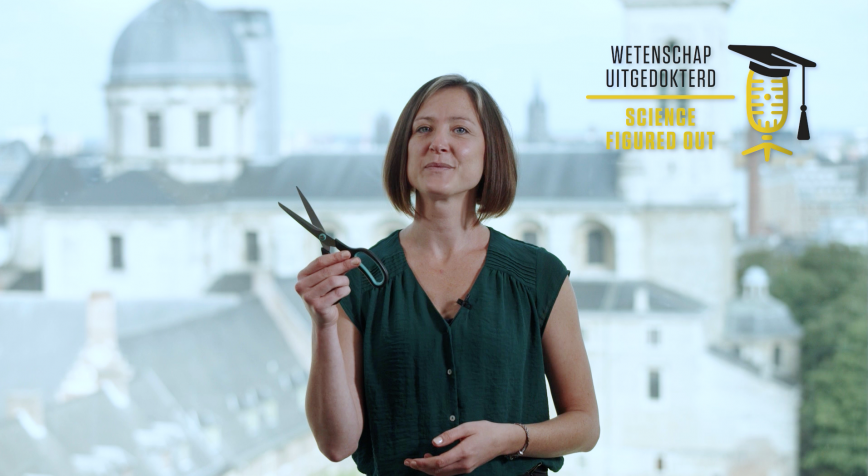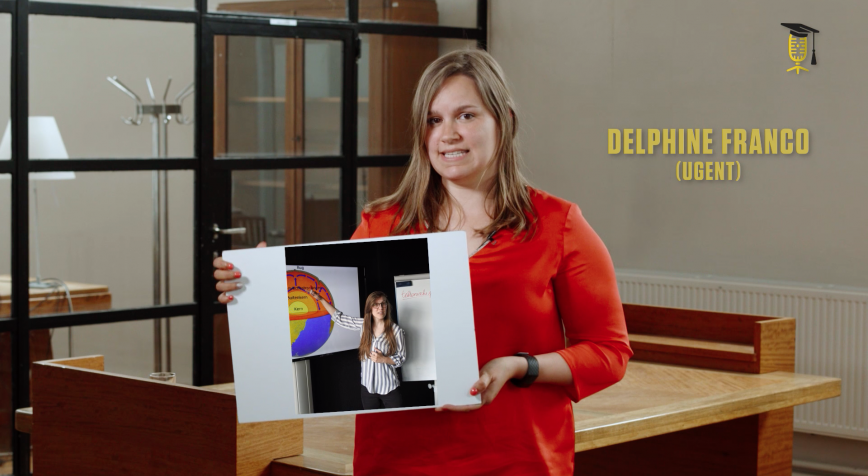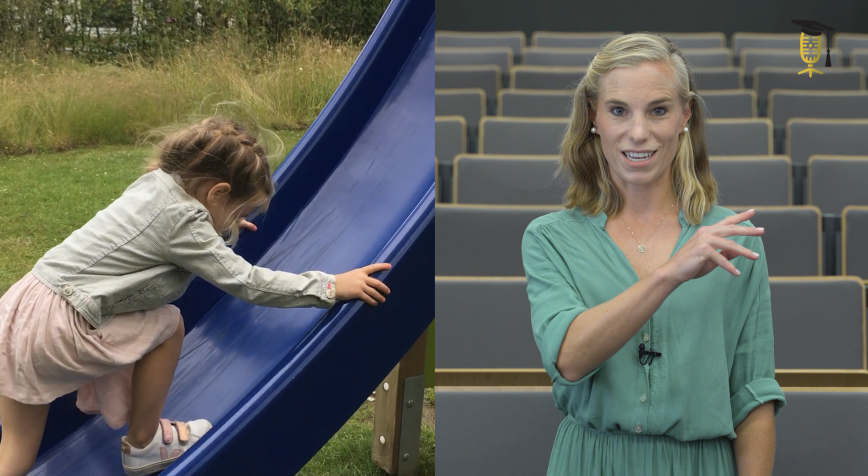
Arteveldehogeschool
Risky play? Allow it at school!
Climbing on the slide rather than sliding down? That should be possible at school, says Barbara Vandorpe, as long as the children who want to slide down have priority. She advocates risky play at school. "Risky play allows children to push their boundaries and learn to deal with risks themselves."
